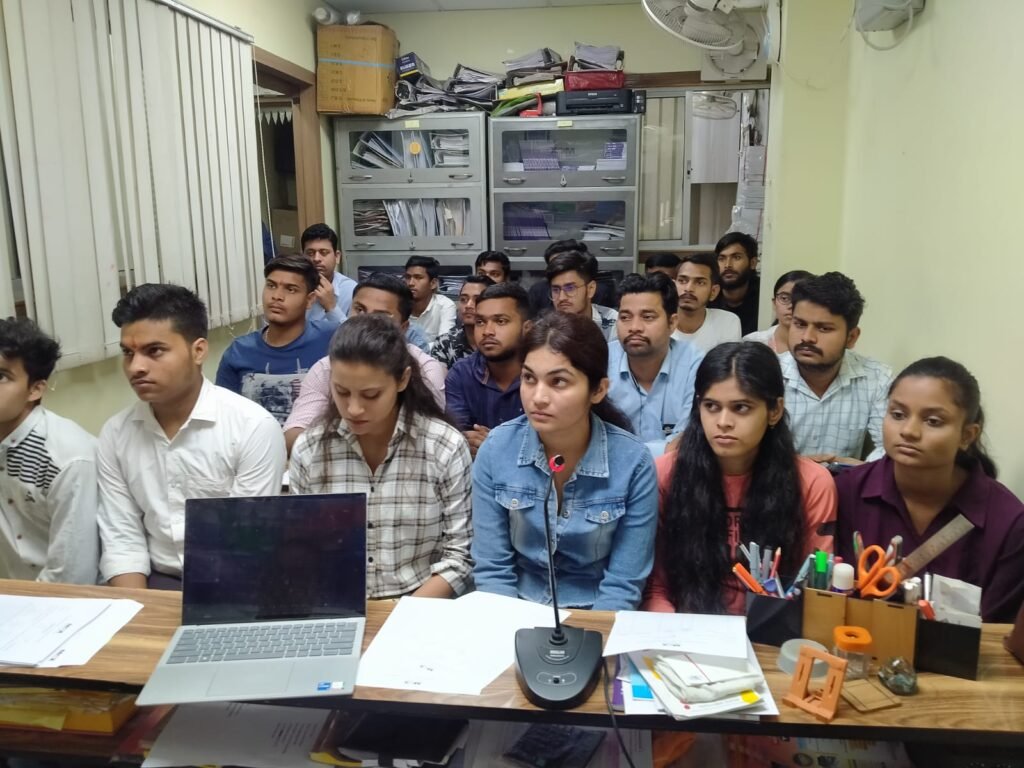
Modern Costing Technology
Breakdown of the key areas and technologies:
Key Trends
Automation & Real-Time Data: Software tools automate manual processes like data entry, calculations, and report generation. This leads to improved accuracy, efficiency, and the ability to make informed decisions based on live cost data.
Cloud-Based Systems: Enable better collaboration, accessibility of information from anywhere, and standardized cost tracking across departments and locations.
Predictive Analytics and AI: Machine learning and predictive models help companies go beyond historical costs and forecast potential expenses. This aids in understanding cost drivers, potential risks, and opportunities for optimization.
Specific Costing Techniques Enabled by Technology
Activity-Based Costing (ABC): More granular allocation of overheads to products/services based on the activities they consume, ensuring accurate product costing and revealing areas for improvement.
Target Costing: Starting with a market-driven target price and designing a product within that cost constraint. This forces design and engineering teams to focus on cost-efficiency from the start.
Kaizen Costing: Continual cost reduction throughout a product’s lifecycle by focusing on incremental improvements. Technology helps track ongoing cost-saving initiatives, measure their impact, and find further opportunities.
Lifecycle Costing: A holistic view of costs over the entire lifespan of a product or project (from design to disposal). This fosters long-term decision-making rather than just considering upfront costs.
Examples of Modern Costing Software
ERP Systems with Costing Modules: Enterprise Resource Planning systems like SAP, Oracle NetSuite, and Microsoft Dynamics often contain comprehensive cost accounting and management functionality.
Dedicated Costing Solutions:
- CostPerform
- Prophix
- Prezent.ai
Benefits of Modern Costing Technology
- Enhanced Accuracy: Automation reduces human error and provides more reliable cost figures.
- Better Decision-Making: Real-time and predictive insights support strategic choices in pricing, resource allocation, and operational improvements.
- Increased Competitiveness: Optimized costs enable companies to offer better pricing or invest in innovation for a competitive advantage
- Improved Profitability: Identifies areas where costs can be reduced or where pricing adjustments are necessary to boost margins.
Important Considerations
- Choosing the Right Tools: Carefully select software aligning with your company’s needs, size, and complexity.
- Data Quality: The accuracy of cost information depends on clean, well-organized data input.
- Change Management: Successfully adopting new technology often requires training employees and changing some workflows.
